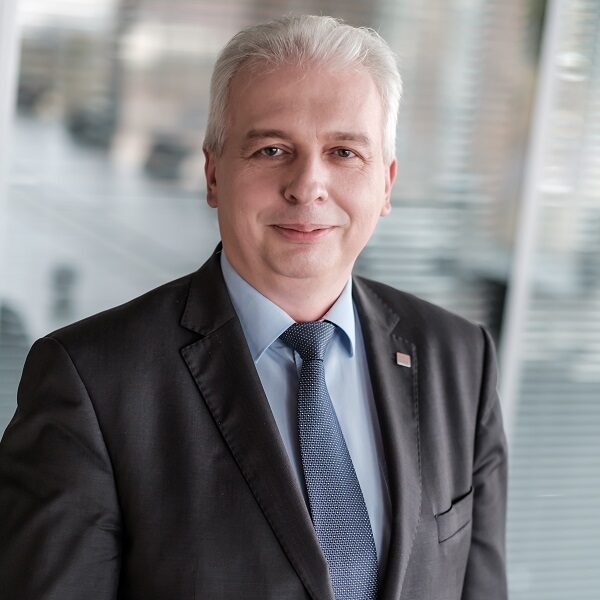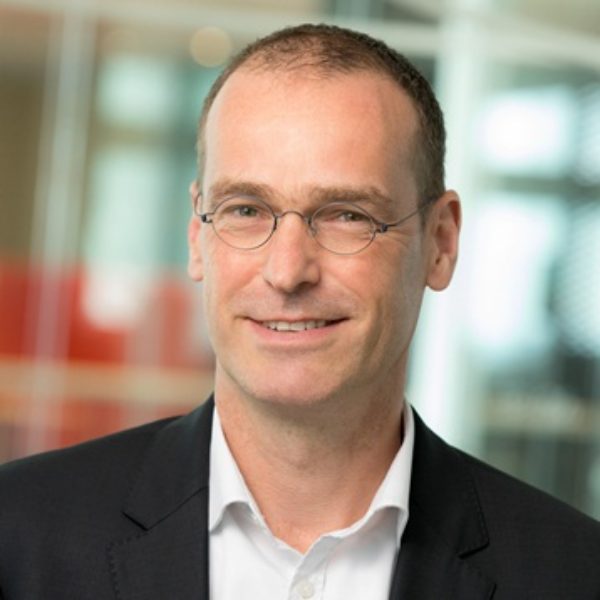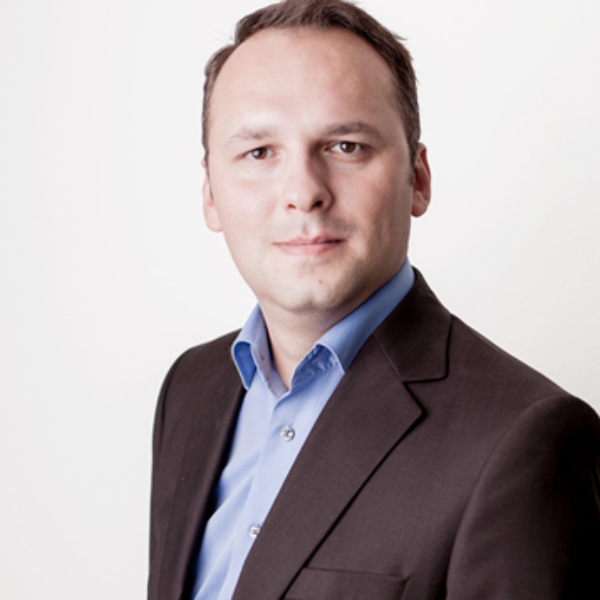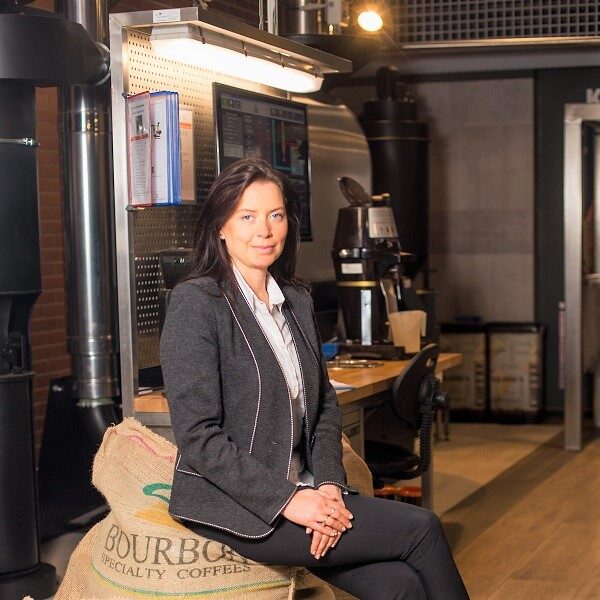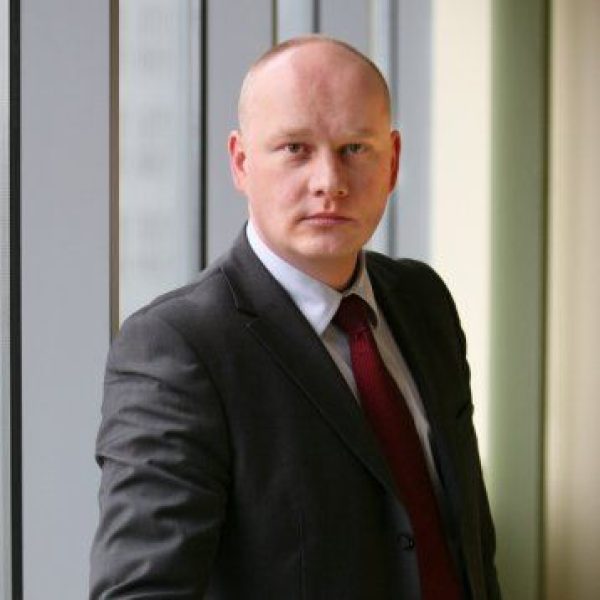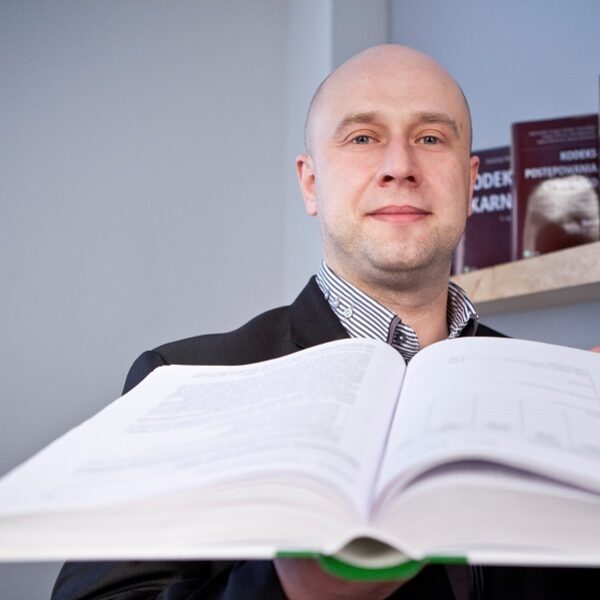On June 3-5, 2013, this year’s first SAP Partner Executive Council meeting was held in Dubai. We talk with Bartłomiej Buszczak, President of BCC, the only partner from Poland invited to this exclusive club, about the new ideas, trends and SAP solutions – as well as the mood – among partners.
Before you tell us about this year's meeting, tell us, briefly, what the Partner Executive Council is.
The Partner Executive Council (PEC) is a forum for the exchange of experience and information between key SAP partners and key decision-makers of SAP AG from Europe, the Middle East and Africa. It is a marathon of meetings, presentations, discussion panels – all about the future trends in the development of SAP solutions, new products, offers, and expectations of SAP partners. For us – people managing partner companies – it is also an opportunity to meet and exchange experiences on neutral ground. During these three days, we are not competing with each other, but rather we cooperate in order to present our point of view to decision-makers from SAP.
Why was BCC invited to this exclusive club?
BCC is one of three SAP partners from Central and Eastern Europe, and the only from Poland, selected to participate in the Partner Executive Council. SAP AG invites those companies that have a strong position in the market, engage in the development of SAP products and solutions, and actively sell them. BCC is the largest SAP partner in Poland and one of the largest in Central and Eastern Europe.
We also actively operate within Western Europe, for example through our branch in Germany. Furthermore, we invest in the development of new SAP tools. One of our recent initiatives, for example, is the SAP HANA Competence Center at BCC. As one of the first Polish implementation partners of SAP, we have invested in our own hardware and software laboratory for SAP HANA. We also boast one of Europe's first implementations of SAP ERP on HANA.
Earlier Partner Executive Council meetings were held in Europe. Why did you meet in the United Arab Emirates this time?
Indeed. Although the EMEA region includes Europe, the Middle East and Africa, PEC had not met outside Europe before. The organization of this year's event in the Middle East is a form of appreciation of the potential of this market. Countries from this region are now in one of the fastest growing SAP implementation markets. Here, the largest number of licenses is sold and the largest number of new projects is executed. In 2012, the IT market in this region was worth more than 60 billion U.S. dollars, and grew by 12% year on year.
What is the mood among SAP partners?
On the one hand, we can observe moderate optimism. The crisis is discussed in the context of exiting from it, acceleration, and finding new ideas for development. On the other hand, however, other SAP partners confirm what we observe among our clients – a great reluctance towards long-term planning. Clients do not want to talk about making IT investment plans for more than six months ahead. Insecurity within the market is evident.
Such is the specificity of our industry – the mood in the market strongly affects us. Therefore, the development of permanent services, such as IT outsourcing and SAP support, is particularly important in the BCC strategy.
What topics dominated PEC presentations?
In addition to the block of presentations dedicated to partner programs, the most interesting were the discussions on the new products in the SAP product family. For several years, SAP has been intensively expanding its solution portfolio, both through development of proprietary ideas using the latest IT trends, such as cloud solutions, and through acquisitions. The most talked about were SAP Mobile, SAP HANA and cloud-enabled solutions, including the products acquired by SAP AG from Success Factors and Ariba.
How do you rate new products from the SAP product family in the context of the expectations and capabilities of BCC clients?
It is difficult to give a definite answer to this question. All these solutions are interesting and, as a partner with the ambition to have the complete range of SAP solutions, we look at all of them carefully. Here, I see an analogy with the introduction of SAP CRM solutions in the market, for example. After many years of intensive promotion, only recently do we see a real interest in this product among our clients in Poland. Therefore, we have prepared, within the SAP RDS initiative, a preconfigured SAP SPRINT CRM solution, which is gaining more and more recognition among clients.
When it comes to current SAP innovations, I believe that the most promising new technologies now are based on the in-memory processing and mobile solutions. For several years, SAP has been refining both the solutions themselves, and the more affordable method of their licensing, so that they become progressively more interesting for our clients.
Are smartphone and tablet-enabled SAP applications the future?
We know from conversations with other partners that mobile solutions are interesting for many clients. At the PEC meeting, SAP presented a package of SAP Fiori applications that, in the same very simple and intuitive way, support a wide range of SAP software features (including employee self-service), regardless of whether they are used on computers, tablets or smartphones. That is why we develop our expertise in the field of mobile applications, including technologies other than SAP Mobile. We are working on universal applications available as finished products and we create applications that meet the requirements of our clients. An example might be iLearninigGate, a BCC application exclusive to the iPad for downloading and executing e-learning content integrated with SAP Learning Solution.
Many presentations were also dedicated to SAP HANA-based solutions.
Indeed. It is a great technology shift in the IT market, the precursor and the leader of which is SAP. In-memory processing, and thus incredible acceleration of data processing (by orders of magnitude) not only in systems such as SAP BI, but also in transactional systems such as SAP ERP or SAP CRM – it was talked about a lot during the PEC meeting. The future definitely belongs to in-memory processing of data on servers and new types of databases (such as SAP HANA) which simultaneously serve as databases for performing analysis and transactions.
In addition to SAP BI on HANA or SAP ERP on HANA, SAP provided a cloud-enabled platform based on SAP HANA, allowing third parties to create their own business applications whose main advantage is the real-time processing of huge amounts of data. Now, the possibilities are so great that technology and system limitations are no longer a problem. It becomes more important to determine how and in what areas companies can use these solutions to achieve a new competitive advantage. That said, I do not worry about that. I think that as soon as the world of business becomes aware of the technical possibilities, it will generate ideas on how to put them into practice. Our role is to advise them appropriately in this regard. Close cooperation between SAP partners and clients may lead to revolutionary solutions.
We intend to pay special attention to SAP HANA. No doubt, it is a strategic product in terms of BCC’s development of skills and knowledge. Our SAP HANA Competence Center was created at BCC to explore the capabilities of these solutions, among other reasons.
SAP accelerates not only the processing time, but also the solution implementation time.
Yes, the initiative of Rapid Deployment Solutions (RDS) – a quick and affordable deployment of SAP solutions – was designed for medium-sized companies that also expect an effective and efficient ERP or CRM system as well. This initiative is developing quite dynamically. At the BCC Group, we provide both SAP ERP and SAP CRM in this model.
And what are the plans of SAP related to cloud computing?
SAP in a cloud-computing model is another widely discussed topic. SAP AG has been talking about the provision of SAP systems in the cloud for some time. However, this SAP service for the SAP Business Suite product family is not yet available to customers in Poland. BCC already offers SAP systems in the cloud. SAP on BCC Cloud is an innovative service, which consists of access to the SAP environment maintained in a private cloud based on the BCC Data Center infrastructure and BCC Outsourcing Center organization.
According to SAP, by 2018, the market of IT solutions in the cloud-computing model will be equal in value to the market of On Premise solutions, which means a very dynamic development of cloud solutions in the coming years.
Last year, SAP AG expanded its portfolio with the Success Factors and Ariba solutions. How do you rate them in the context of their implementation with BCC clients?
Ariba are comprehensive supply management solutions intended especially for networks cooperating with companies’ supply chains. Success Factors is a leading HR system for, for example, talent management. Both solutions – which are interesting and innovative – are available in the cloud computing model. We have both of them in our offer. Clients show interest in them, but they are not available in Polish. I estimate that they both need a little more time to get a greater presence in our clients’ system landscapes.
This is not my individual opinion. I have the impression, from conversations, that other SAP partners have a similar opinion. Our general observations are quite similar. New products in the SAP product family typically require months, sometimes even a couple of years to gain recognition in the market and in the minds of most clients. Clients often indicate that the initial costs of licensing are too high. We, in turn, pass these comments on to SAP AG.
It seems that in a few years, clients’ SAP system landscapes will look completely different.
Time and the market will determine which of these innovations will actually be widely used. Although SAP Mobile, SAP HANA and other innovations were the focal point of the meetings in Dubai, we at BCC, and other partners, have similar observations; many companies still have an untapped potential stuck in traditional SAP ERP solutions or, more widely, the SAP Business Suite product family.
Meetings such as SAP Partner Executive Council are held to exchange observations, market indications, and experiences. During these three days, we – the partners – learned about the new innovations in the world of SAP. We also had the opportunity to openly communicate our and our clients’ expectations.
It is worth noting that, regardless of the popularity of subsequent new products, SAP AG remains the global leader in business software for enterprises from all industries and sectors of the economy.
Interviewed by Mirosława Huk, BCC Group





